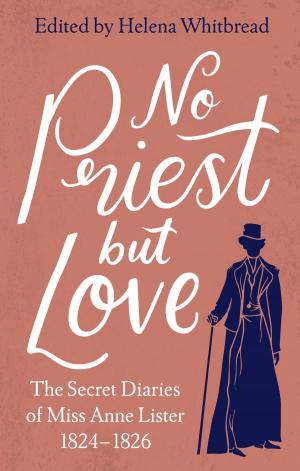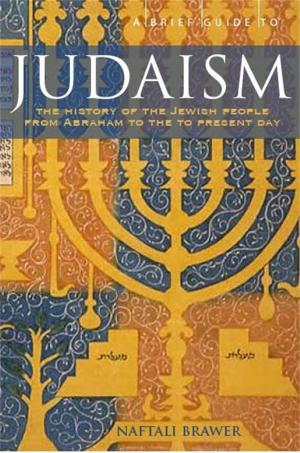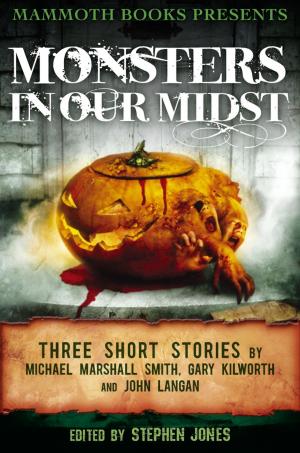Roger Bacon
The First Scientist
Biography & Memoir, Artists, Architects & Photographers, Nonfiction, Art & Architecture| Author: | Brian Clegg | ISBN: | 9781472112125 |
| Publisher: | Little, Brown Book Group | Publication: | August 29, 2013 |
| Imprint: | Constable | Language: | English |
| Author: | Brian Clegg |
| ISBN: | 9781472112125 |
| Publisher: | Little, Brown Book Group |
| Publication: | August 29, 2013 |
| Imprint: | Constable |
| Language: | English |
Back in thirteenth-century Europe, in the early years of the great universities, learning was spiced with the danger of mob violence and a terrifyingly repressive religious censorship. Roger Bacon, a humble and devout English friar, seems an unlikely figure to challenge the orthodoxy of his day - yet he risked his life to establish the basis for true knowledge.
Born c.1220, Bacon was passionately interested in the natural world and how things worked. Such dangerous topics were vetoed by his Order, and it was only when a new Pope proved sympathetic that he began compiling his encyclopaedia on everything from optics to alchemy - the synopsis took a year and ran to 800,000 words and he was never to complete the work itself. Sadly, the enlightened Pope died, and Bacon was tried as a magician and incarcerated for ten years.
Legend transformed Bacon into a sorcerer, 'Doctor Mirabilis', yet he taught that all magic was based on fraud, and his books were the first flowering of the scientific thinking that would transform our world. He advanced the understanding of optics, made geographical breakthroughs later used by Columbus, predicted everything from horseless carriages to the telescope, and stressed the importance of mathematics to science, a significance ignored for 400 years. His biggest contribution was to insist that a study of the natural world by observation and exact measurement was the surest foundation for truth.
Clegg uncovers the realities of life in a medieval university and friary, setting out the shadowy facts of Bacon's life alongside his writings. The result is both a fascinating biography and a picture of the age.
Back in thirteenth-century Europe, in the early years of the great universities, learning was spiced with the danger of mob violence and a terrifyingly repressive religious censorship. Roger Bacon, a humble and devout English friar, seems an unlikely figure to challenge the orthodoxy of his day - yet he risked his life to establish the basis for true knowledge.
Born c.1220, Bacon was passionately interested in the natural world and how things worked. Such dangerous topics were vetoed by his Order, and it was only when a new Pope proved sympathetic that he began compiling his encyclopaedia on everything from optics to alchemy - the synopsis took a year and ran to 800,000 words and he was never to complete the work itself. Sadly, the enlightened Pope died, and Bacon was tried as a magician and incarcerated for ten years.
Legend transformed Bacon into a sorcerer, 'Doctor Mirabilis', yet he taught that all magic was based on fraud, and his books were the first flowering of the scientific thinking that would transform our world. He advanced the understanding of optics, made geographical breakthroughs later used by Columbus, predicted everything from horseless carriages to the telescope, and stressed the importance of mathematics to science, a significance ignored for 400 years. His biggest contribution was to insist that a study of the natural world by observation and exact measurement was the surest foundation for truth.
Clegg uncovers the realities of life in a medieval university and friary, setting out the shadowy facts of Bacon's life alongside his writings. The result is both a fascinating biography and a picture of the age.















